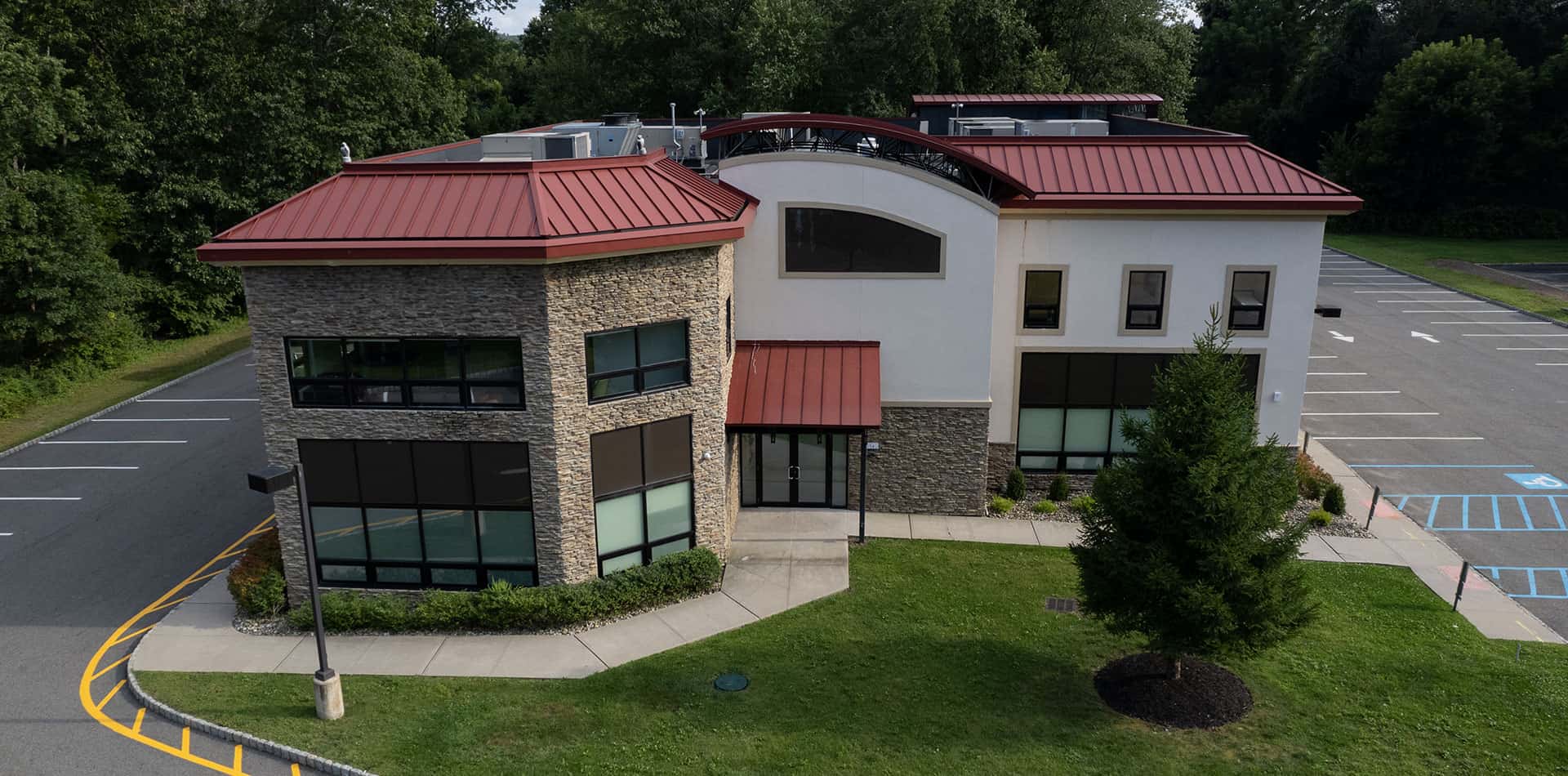Your Teen's Transformation Starts
Here!
Guardian Recovery Adolescent can help your teen take control of their lives, putting them on a path to a brighter future filled with possibility.
Identifying the Substances & Paraphernalia
If you find suspicious items in your teen’s room, knowing what they might be used for is important. Here are some common substances and paraphernalia to look out for:- Pills, powders, plant-like substances, aerosol cans, or blotter paper: These could be prescription drugs, ecstasy, cocaine, inhalants, marijuana, or hallucinogens like LSD.
- Rolling papers, pipes, or bongs: These items are often used for smoking marijuana or other substances.
- Vape pens or cartridges: Pens and cartridges could contain nicotine or THC, the active ingredient in marijuana.
- Needles, syringes, or burnt spoons: These items can be signs of intravenous drug use.
- Small baggies, foil, or straws: Used to store or snort drugs like cocaine, pills, or marijuana, these mediums can be cause for concern.
- Lighters or sugar cubes: Cubes and lighters are sometimes linked to drug use involving smoking or hallucinogens.
Gathering Information on Your Teen’s Drug Use
Before jumping to conclusions, take a moment to gather the facts about what’s happening. Start with a calm conversation with your teen. Ask open-ended questions and listen to what they have to say without judging them.2 Open-ended questions encourage your teen to share more about their thoughts and feelings, while closed-ended questions usually lead to simple “yes” or “no” answers. For example, instead of asking, “Are you using drugs?” which might get a quick “yes” or “no,” try asking, “What’s been going on that made you start using drugs?” This type of question opens the door for a deeper conversation and allows your teen to express themselves. The more they talk, the better you’ll understand their situation and what they might need from you. Try to understand how long they’ve been using, what they’re using, and why they turned to it. Is it just a phase? Or are they dealing with stress, anxiety, or pressure from friends? Understanding the bigger picture will help you better support your teen. It’s also a good idea to check in with their school or close friends for any changes in behavior. The more you know, the better you can support your teen and figure out the right steps moving forward.Preparing for the Conversation
Getting ready for this talk is essential. Choose a time and place where you can chat privately without interruptions—that way, your teen will know you’re serious about understanding them. Remember what you want and how to say it; staying calm and compassionate is crucial. Jot down some key points or questions to keep you on track. One thing that can help is remembering what it was like for you as a teenager. Reflect on how you felt. What did you need, and what made you feel supported, safe, and loved? This reflection can help you show compassion and empathy toward your child during this tough time. If you’re stuck on what to say or struggling to manage your emotions, don’t hesitate to ask for help. That’s what we’re here for at Guardian Recovery! We can sit down with you one-on-one to help you figure out the best way to start this important conversation with your child.3Complimentary Insurance Check
Find Out Today!
"*" indicates required fields
Confronting Your Teen
When you finally have the talk with your teen, be ready for a range of responses. If they deny using drugs, stay calm and let them know you’re just trying to understand their situation. If they try to downplay it, remind them that any substance use can have serious consequences and share your concerns. If they insist they don’t have a problem, encourage them to express how they feel and keep the conversation open. If they claim the drugs aren’t theirs, ask them to explain how those items ended up in their room. Remember, this might just be the first of many conversations. If it doesn’t go as you had hoped, let them know you’ll continue talking and reaching out for help when needed. The key is to listen without judgment and keep the lines of communication open. Reassure them that your goal is to support and help them, not to punish or criticize them.4Handling Common Teen Drug Use Responses: Effective Strategies for Parents
To foster an effective conversation, here are some common teen responses along with possible ways parents can continue the conversation. Response: “I’m not using drugs.” Parent Response: Stay calm and express that you’re just trying to understand their situation. Ask them to share their thoughts about the items you found. Response: “It’s not a big deal.” Parent Response: Remind them that any substance use can have serious consequences. Share your concerns and why you think it’s important to discuss things further. Response: “I don’t have a problem.” Parent Response: Encourage them to talk about how they feel. Ask open-ended questions to keep the conversation going and show you’re there to listen. Response: “Those drugs aren’t mine.” Parent Response: Ask them how the items ended up in their room. Try to understand their perspective without jumping to conclusions. Response: “Everyone else is doing it.” Parent Response: Acknowledge that peer pressure can be tough, but emphasize the importance of making choices for themselves. Encourage them to think critically about their decisions. Response: “I just tried it once.” Parent Response: Explain that even trying drugs once can lead to unexpected consequences and overdose. Talk about the risks involved and encourage them to share more about their experience. Response: “You’re overreacting.” Parent Response: Calmly express that you’re concerned because you care about their well-being. Let them know it’s important for you to have this conversation. Response: “I’ll stop, no worries.” Parent Response: While it’s good to hear they’re willing to stop, emphasize the importance of seeking help and addressing any underlying issues. Discuss how you can support them in making healthier choices.Understanding Your Teen’s Perspective
Try this activity: Before you sit down with your child, think back to a moment when you were their age. Reflect on the emotions you felt and the challenges you faced during that time. Consider how you felt as a teenager dealing with those struggles. Once you connect with those feelings, think about what you needed back then and how having someone offer you love, safety, and guidance would have felt. Now, picture yourself giving that same support to your teen. No matter what they say, they likely feel many of the same things you did at that age. If you approach them with love and compassion, you’ll make much more progress than resorting to yelling, threatening, or imposing harsh consequences.Assessing the Severity of the Situation
It’s important to assess the severity of your child’s drug use, so you know when to intervene. As you gather information, consider:- How long they have been using it.
- How often?
- What type of substances are they using?
- Is it becoming more frequent?
- Have you noticed any changes in their behavior or school performance?
Signs of Casual Use vs. Addiction
Understanding the difference between casual drug use and addiction is crucial for knowing how to support your teen. Here’s a breakdown of the signs:Signs of Casual Use:
- Occasional experimentation: Using substances only in social settings or special occasions.
- Limited impact on daily life: No significant changes in school performance or relationships.
- Ability to stop: Your teen can go through periods without using substances without feeling withdrawal symptoms.
- Control over usage: They can decide when and how much to use without feeling compelled to use more.
- Positive social interactions: They still maintain friendships and activities outside of substance use.
Signs of Addiction:
- Frequent use: Regularly using substances, even when not in social settings.
- Neglecting responsibilities: Declining school performance, missing classes, or not keeping up with chores.
- Changes in behavior: Noticeable mood swings, irritability, or secretive behavior.
- Withdrawal symptoms: Experiencing physical or emotional symptoms when not using.
- Loss of control: Feeling unable to stop using, even if they want to.
- Social isolation: Withdrawing from friends and family who don’t use substances or losing interest in previously enjoyed activities.
Exploring Treatment & Support Options
When it comes to helping your teenager who is struggling with behavioral and mental health concerns, it’s important to explore the right treatment and support options available. Guardian Recovery offers a range of services designed to meet the unique needs of teens, including:- Individual Counseling: One-on-one sessions with a therapist to address underlying issues and develop coping strategies.
- Group Therapy: A supportive group environment where teens can share their experiences, learn from others, and build connections with peers facing similar challenges.
- Family Therapy: Involving family members in the treatment process to improve communication, rebuild trust, and strengthen relationships.
- Outpatient Programs: Flexible treatment options allow teens to receive support while continuing their daily activities, like school and work.
- Inpatient Programs: Residential programs provide 24/7 support and monitoring.
- Intensive Outpatient Programs (IOP): Structured support programs that provide a higher level of care while still allowing teens to live at home.
- Holistic Therapies: Integrative approaches like mindfulness, yoga, and art therapy to promote overall well-being and emotional health.
- Educational Support: Resources to help teens stay on track with their schooling while receiving treatment.
- Aftercare Programs: Continued support after formal treatment ends to help prevent relapse and maintain progress.
Our Locations
Our Facilities & Teams Transform Lives
Changing lives by providing comprehensive support and rehabilitation, empowering individuals to overcome addiction and regain control of their health and well-being.
Contact Us to Learn More About Addiction Recovery
Is your teen struggling with mental health issues, behavioral concerns, or substance use? Are they exhibiting problem behaviors such as disinterest, isolation, hostility, etc.?
You and your teen are not alone. At Guardian Recovery, we understand your challenges and are committed to providing a safe and supportive treatment plan that provides whole-person healing. We work closely with parents and guardians to help teens overcome current obstacles and empower them to develop the skills necessary to thrive well into the future. Integrating academics and family involvement every step of the way, we empower your teen and your family to step into a bright new future.
Ready to take the next step?
Contact our experienced treatment advisors, who can answer your questions, discuss treatment options, and verify your insurance. Additionally, staff can offer an initial assessment to determine if treatment might be beneficial and, if so, which level of care may be most suited for your teen. The call is free and confidential, and you’re not obligated to enter treatment with us.
Healing is possible. We can help.
SELF-ASSESSMENT:
Do I Have an Addiction Issue?
Disclaimer: Does not guarantee specific treatment outcomes, as individual results may vary. Our services are not a substitute for professional medical advice or diagnosis; please consult a qualified healthcare provider for such matters.
- National Institute on Drug Abuse. (2022). Most reported substance use among adolescents held steady in 2022.
- Sibley MH, Graziano PA, Bickman L, Coxe SJ, Martin P, Rodriguez LM, Fallah N, Ortiz M. Implementing Parent-Teen Motivational Interviewing + Behavior Therapy for ADHD in Community Mental Health. Prev Sci. 2021 Aug;22(6):701-711. doi: 10.1007/s11121-020-01105-7. PMID: 32103410; PMCID: PMC7483638.
- Partnership to End Addiction. (2024). Signs of Drug Use in Teens.
- Mayo Clinic. (2024). Tween and Teen Health.
- Griffin KW, Botvin GJ. Evidence-based interventions for preventing substance use disorders in adolescents. Child Adolesc Psychiatr Clin N Am. 2010 Jul;19(3):505-26. doi: 10.1016/j.chc.2010.03.005. PMID: 20682218; PMCID: PMC2916744.







